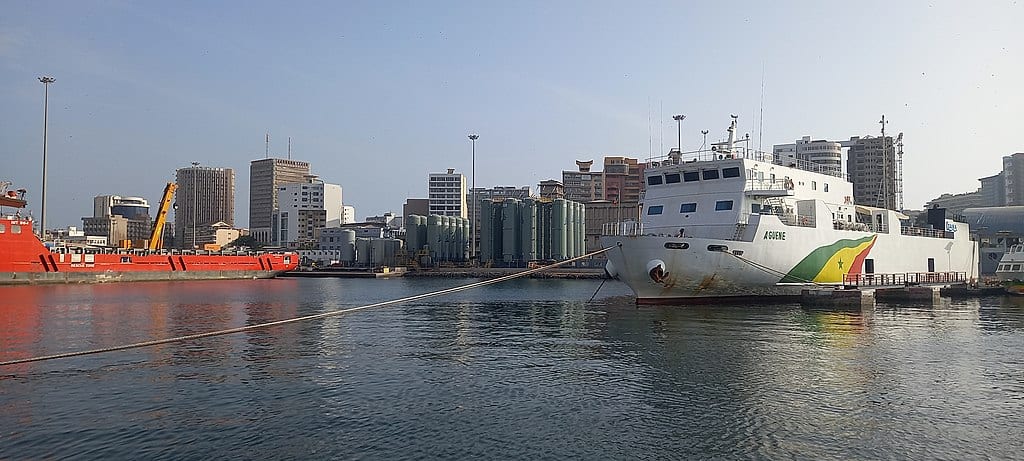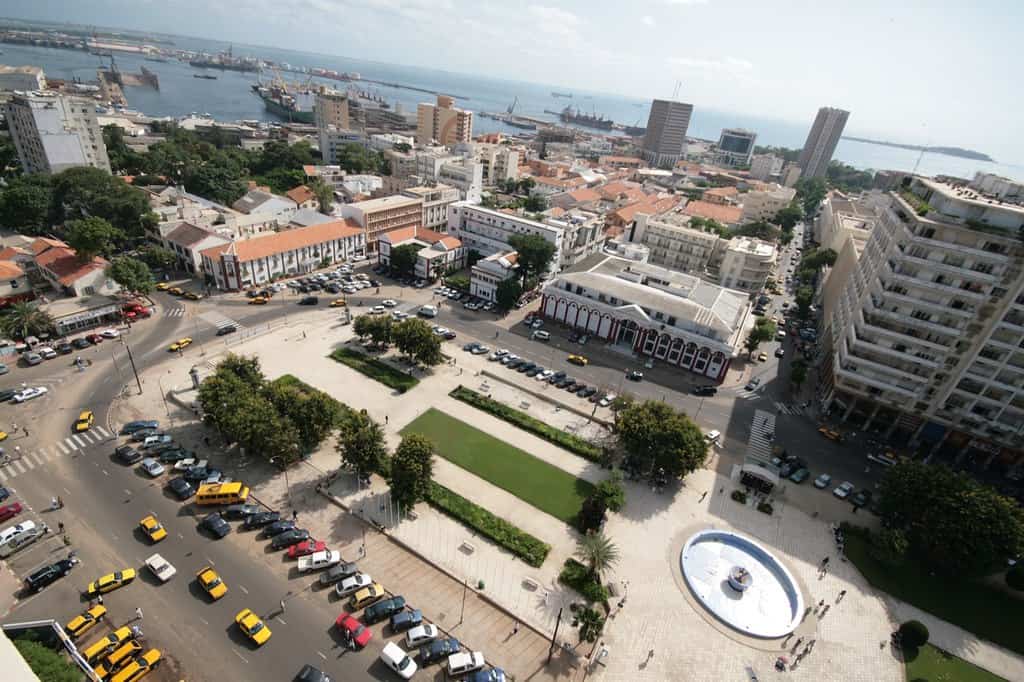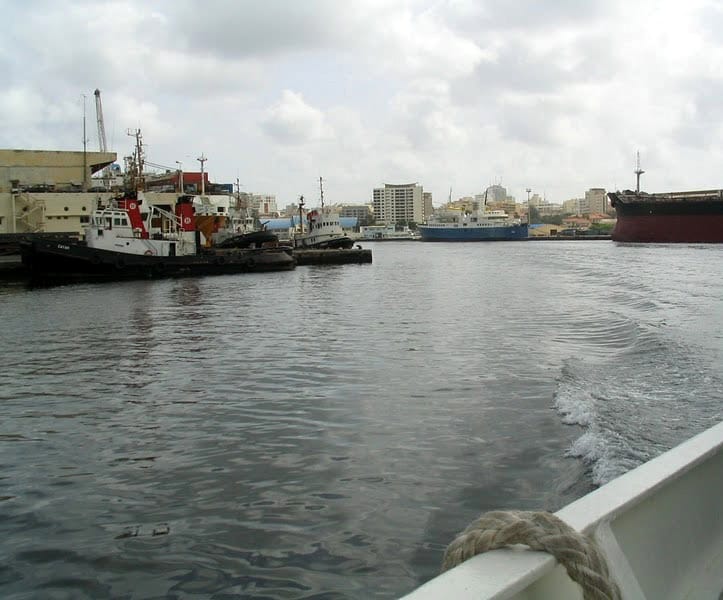We specialize in shipping diaper bales to West Africa. We are highly experienced in handling shipping logistics and can assist with all aspects of shipping to Dakar.

We specialize in shipping diaper bales to West Africa. We are highly experienced in handling shipping logistics and can assist with all aspects of shipping to Dakar.

The diaper bale market in Senegal reflects specific dynamics influenced by demographic trends, economic factors, and consumer preferences. Here’s an overview of the demand for diaper bales in Senegal:
In summary, while the Senegalese diaper market faces challenges related to affordability, distribution logistics, and regulatory compliance, it presents significant opportunities for growth and innovation. Continued investment in distribution networks, regulatory compliance, and consumer education will be crucial for tapping into the full potential of this evolving market.

Senegal’s shipping industry is pivotal to its economy, facilitating international trade and supporting economic development through its maritime infrastructure. Here’s an overview of the Senegalese shipping industry, including key aspects such as ports, infrastructure, challenges, and future prospects:
In summary, while the Senegalese shipping industry faces challenges related to infrastructure development and regional competition, it presents substantial opportunities for growth and development. Continued investment in infrastructure, regulatory reforms, and regional cooperation will be crucial for unlocking the industry’s full potential and supporting Senegal’s economic aspirations.

The Port of Dakar, located in Senegal’s capital city, is a pivotal hub for maritime trade in West Africa. Here’s an overview of Port Dakar:
In summary, Port Dakar is a vital maritime gateway for Senegal and the broader West African region, facilitating trade and economic development. Continued investment in infrastructure, regulatory reforms, and regional cooperation will be crucial for unlocking its full potential and supporting Senegal’s economic aspirations.